
The Free Press

You have seen the video of my daughter Naama Levy. Everyone has. You have seen her dragged by her long brown hair from the back of a Jeep at gunpoint, somewhere in Gaza, her gray sweatpants covered in blood. You may have perhaps noticed that her ankles are cut, that she’s barefoot and limping. She is seriously injured. She is frightened. And I, her mother, am helpless in these moments of horror.
On October 7, Naama had been sleeping at Kibbutz Nahal Oz, and was awakened by the chaotic sound of a missile barrage. At 7 a.m., she sent me a WhatsApp message: “We’re in the safe room. I’ve never heard anything like this.” That was the last I heard from her.
The next day, I saw the video, but the woman in the footage was so bloodied and disheveled it was hard to tell if it really was her. Naama’s father called and confirmed the terrible news.
Before that day, every video our family had taken of Naama was joyful—dancing with friends, laughing with her three siblings, and simply enjoying life. Naama is only 19, but she’ll always be my baby girl. A girl who truly believes in the good of all people. She enjoys athletics and dreams of a career in diplomacy, and her greatest passion is helping those in need. As a girl, she was a member of the “Hands of Peace” delegation, which brings together American, Israeli, and Palestinian youths to promote global social change.
But now, one video, totally unrepresentative of the life she had led until October 7, is how the world knows her.
It has been deeply disturbing to see the United Nations and feminist organizations refuse to acknowledge that Hamas raped and committed appalling sexual crimes against women, simply because the victims are Jewish. It took two months for some to finally admit the scale and the brutality of the horror. Meanwhile, Israeli experts are gathering the evidence. Shari, a volunteer worker at the Shura military morgue, told The Washington Post about what she documented: “We saw many women with bloody underwear, with broken bones, broken legs, broken pelvises.”
The same monsters who committed those crimes are holding my daughter hostage.
There are seventeen young women still in captivity. They range in age from 18 to 26. I think of what they, and my Naama, could be subjected to at every moment of the day. Each minute is an eternity in hell.
On Monday, State Department spokesman Matthew Miller said that one of the reasons Hamas doesn’t want to release the young female hostages “is they don’t want these women to be able to talk about what happened to them during their time in custody.”
Everyone knows exactly what he means.
What would you do if your daughter were being held hostage by violent rapists and murderers for two months? Perhaps the better question is: What wouldn’t you do?
Over the last week and a half, dozens of hostages were released. The stories they’ve told about captivity are chilling. Emily Hand, a girl of only nine years, told her father she thought she had been held underground by Hamas for a year. Daniel Aloni was held along with her young daughter Emilia and was forced to participate in a hostage video in which she begged for their release. In it, she famously shrieked the word now, in Hebrew achshav. The way Daniel uttered that last word, now, that primal scream, is what lies in the hearts of every hostage, and every hostage family. It is the sound that rings in the depths of my soul every moment of every day.
In addition to being Naama Levy’s mother, I’m also a primary care doctor and the team physician for Israel’s women’s soccer team. I work with young women, and I understand the medical risks of spending every day in darkness, without enough nutrition or medical care or even basic hygiene. As a mother, I simply worry: Did my daughter’s captors give her a clean change of clothes, or is she still sitting in the same bloody sweatpants she was abducted in?
There’s a reason why women and children were prioritized first for release: younger women are at greater risk for further trauma. Just as women and girls are more vulnerable to more forms of violence, they are also more vulnerable to suffering from infections and pregnancy from sexual violence.
The longer Naama is held in captivity, the more violence she is subjected to, the more likely she will suffer the consequences of lifelong post-traumatic stress. When she is released, I pray that the image of her abduction, and the experience of what that image represents, isn’t how she comes to see the world.
Meanwhile, time is passing through an hourglass, and the sands are not infinite.
The seventeen female hostages are not bargaining chips to be debated by diplomats. They are daughters, and one of them is mine. My primal scream should be the scream of mothers everywhere. Bring her home now!
Ayelet Levy-Shachar is Naama’s mother. She is a primary care physician for families and for the Israeli women’s soccer team. She is a mother of four and lives in Ra’anana.
Become a Free Press subscriber today:


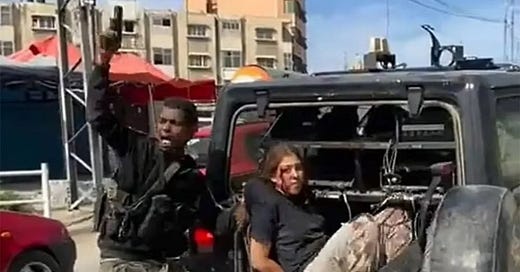



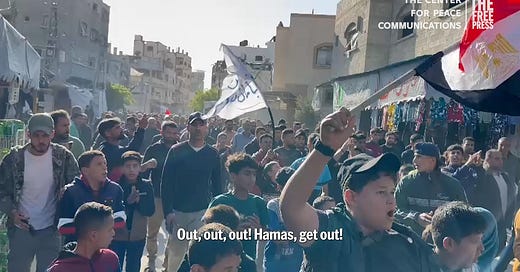
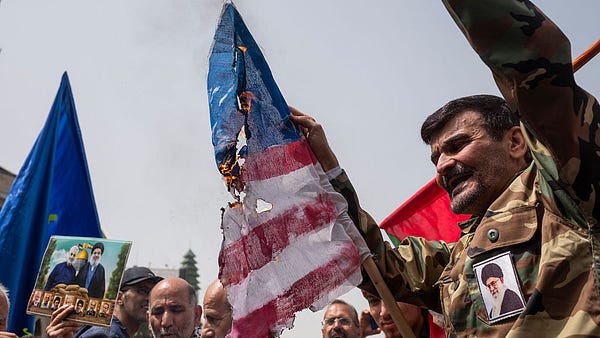

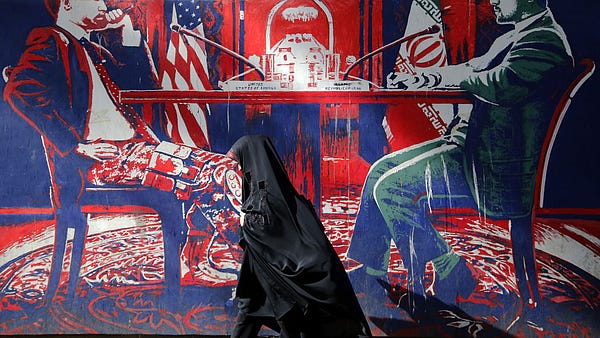

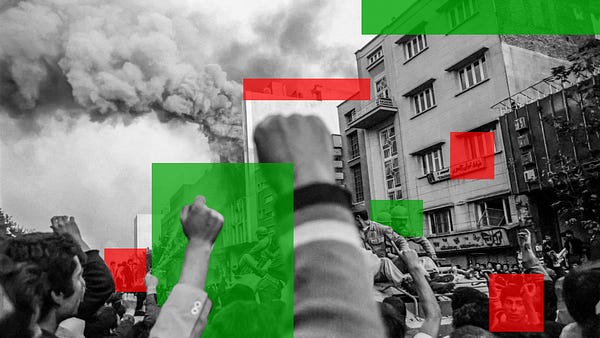

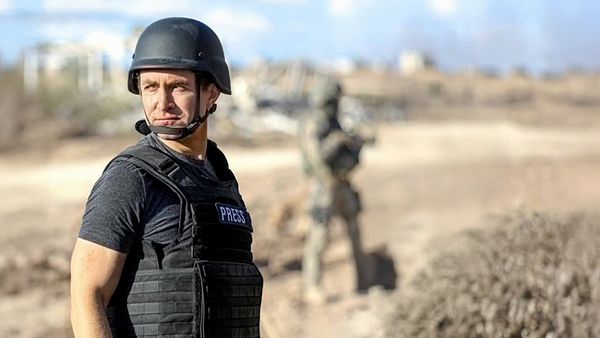

I read this article and prayed for your daughter's safe return when this was first published. I pray that she is able to recover from the trauma of the eternity she spent in captivity, and praise God that she was released alive. You are in my prayers.
I remember reading this when it was published in 2023. Having a teen daughter of my own, I was absolutely haunted by both her image being dragged off by terrorists and this essay. I cried tears of joy when I saw her finally be released this weekend.